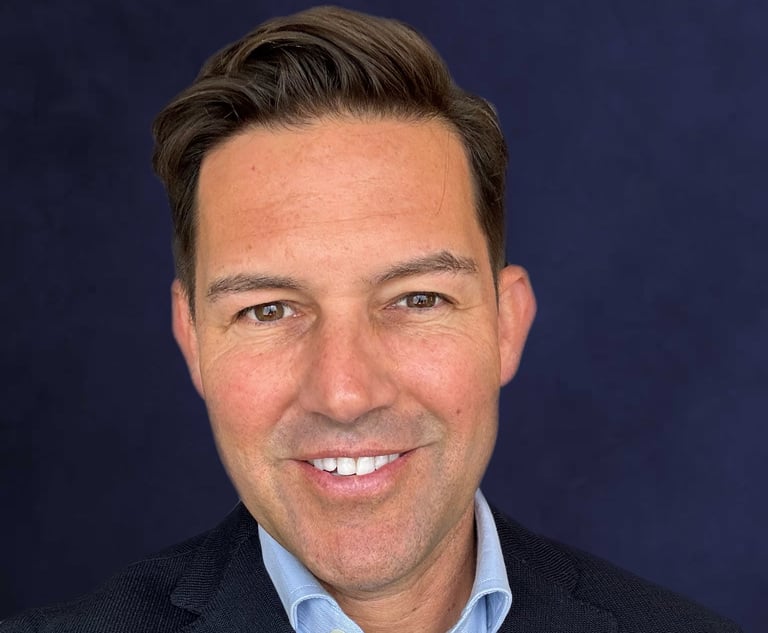When Leland Stanford drove a 17.6-karat gold spike into a railroad tie at Promontory Summit in Utah Territory in May 1869, he was marking the conclusion of a bold initiative, linking the United States via the First Continental Railroad.
Dentons’ audacious plan to build the first “national” U.S. law firm, which it’s dubbed Project Golden Spike, comes with its own physical artifact: a nearly 300-page book directed to lawyers who lead regional firms around the U.S.


 (Photo: Diego M. Radzinschi/ALM)
(Photo: Diego M. Radzinschi/ALM)








